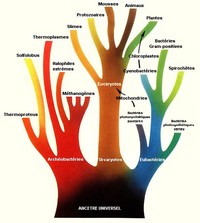Apparently both:
The disruption was caused by a routine Windows patch update distributed Tuesday that required users to restart their computers. When a large number of Skype subscribers began logging back in around the same time, the requests – combined with the day’s traffic patterns – began overwhelming the system, revealing a bug in the software that normally helps the system allocate resources and “self heal.”So we seem to have here a combination of hazards tripping each other.“Skype has now identified and already introduced a number of improvements to its software to ensure that our users will not be similarly affected in the unlikely possibility of this combination of events recurring,” Skype spokesman Villu Arak said.
— Skype reveals outage source, tells customers it won’t happen again, Ryan Kim, San Francisco Chronicle Staff Writer, Tuesday, August 21, 2007
This does raise the more general question of what other bugs are synchronized Windows updates exercising? And how long before such a Windows update installs a vulnerability that immediately gets exploited? And how long before such updates themselves do cause massive outages? In software monoculture, Windows may be its own boll weevil.
-jsq

 What do science fiction writer
What do science fiction writer
